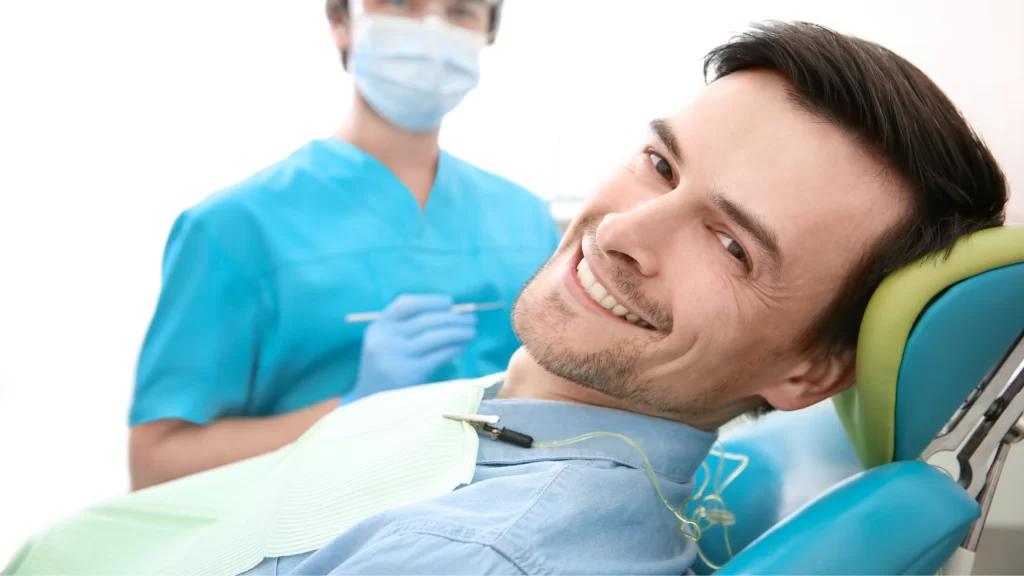Urgent Dental Issues – Navigating Emergency Dentistry Solutions
When it comes to dental problems, not all issues can wait for a scheduled appointment. Urgent dental issues can be excruciatingly painful and require immediate attention. Knowing how to navigate emergency dentistry solutions is crucial for both your oral health and overall well-being.
Toothache and Dental Pain:
A toothache is one of the most common dental emergencies, and it can range from a mild discomfort to severe, debilitating pain. In the event of a toothache, you should rinse your mouth with warm water, floss to remove any trapped debris, and use over-the-counter pain relievers. However, it is essential to contact an emergency dentist promptly. They can diagnose the root cause and provide appropriate treatment, which may include a root canal, extraction, or antibiotics to address infection.

Knocked-Out Tooth:
Accidents can happen, and a knocked-out tooth is a serious dental emergency. In this case, time is of the essence. Rinse the tooth gently without removing any attached tissue, place it back into the socket if possible, or keep it moist in milk or a tooth preservation solution. Get to dental emergency near me for the best chance of saving the tooth.
Broken or Chipped Teeth:
A broken or chipped tooth can result from an injury or biting something hard. Rinse your mouth with warm water, and if there is bleeding, apply gauze to the affected area. Contact an emergency dentist who can assess the damage and recommend treatment, which may involve bonding, veneers, or a crown.
Lost Dental Crowns or Fillings:
When a dental crown or filling comes loose or falls out, it can expose sensitive parts of your tooth, leading to pain and discomfort. Try to keep the area clean, and if possible, use temporary dental cement to reattach the crown. For lost fillings, a piece of sugarless gum can temporarily fill the gap. However, you should seek immediate dental care to prevent further damage.
Severe Infections and Abscesses:
Dental infections, especially abscesses, can be excruciating and potentially life-threatening if left untreated. Symptoms may include severe toothache, swelling, fever, and a foul taste in your mouth. Contact an emergency dentist immediately, as you may need a root canal, drainage of the abscess, and antibiotics to treat the infection.
Orthodontic Emergencies:
For those with braces, wires or brackets can sometimes break or become loose, leading to discomfort or irritation. Dental wax can temporarily alleviate discomfort, but it is crucial to visit your orthodontist for repairs as soon as possible.
Objects Stuck Between Teeth:
If you have something stuck between your teeth that you cannot remove with floss, do not use sharp objects or excessive force. This can damage your gums and teeth. Instead, contact an emergency dentist who can safely remove the object without causing further harm.
Trauma to the Mouth:
Accidents that result in trauma to the mouth, such as a fall or sports injury, can lead to fractured teeth, lacerations, or other dental injuries. Immediate medical attention is vital, and you should visit an emergency dentist who can assess the damage and provide necessary treatment.

